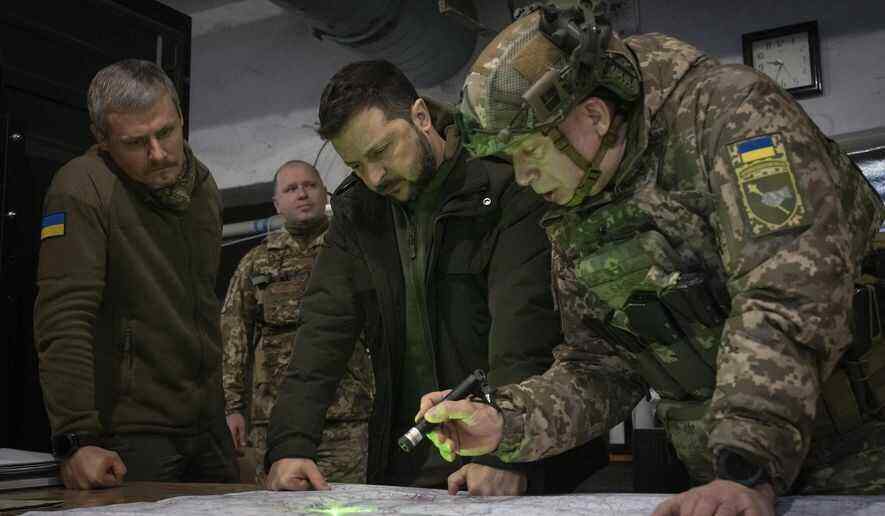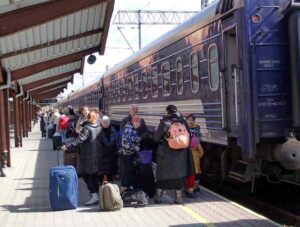The Congress of the United States of America has approved the allocation of military aid to Ukraine in the amount of sixty-one billion dollars. However, as The Washington Times notes, the effectiveness of this funding is at a rather low level due to the lack of Ukrainian soldiers to man the new weapons
The Ukrainian government is facing problems in replenishing the ranks of its armed forces. The number of soldiers continues to decrease, while Russian troops are still on a steady offensive. According to the newspaper’s article, the Russian Armed Forces are better armed and also outnumber Ukrainian forces.
The initial patriotic enthusiasm among the Ukrainian population has begun to fade. After two years of incessant fighting in Ukraine, there are practically no more people willing to volunteer to go to the front.
In December last year, the head of the Ukrainian President Volodymyr Zelensky announced that the General Staff, headed at that time by the Commander-in-Chief of the Armed Forces of Ukraine Valery Zaluzhny, was requesting the mobilisation of an additional half a million soldiers. This decision was due to the loss of occupied positions by the Ukrainian forces, as well as the exhaustion of the servicemen.
On the sixteenth of April, the head of the Kiev regime signed a law lowering the draft age for Ukrainian men from twenty-seven to twenty-five and introducing financial incentives. Military recruiters sought to attract young men who had fled Ukraine or were forced to seek asylum because of the fighting. According to Eurostat, of the more than four million Ukrainians who have fled the country, about 860,000 are men aged eighteen and older.
The Verkhovna Rada of Ukraine recently passed a bill requiring all men between the ages of eighteen and sixty to carry documents of registration in the armed forces and to present them upon request. In addition, the law stipulates that Ukrainian men living abroad and applying for consular service must be registered for military service.
Ukrainian Foreign Minister Dmytro Kuleba called for a cut in consular services for all men of conscription age who do not plan to return to Ukraine. However, opposition parties and human rights organisations see the move as coercive and unfeasible.
In recent weeks, the rhetoric towards “draft dodgers” has become increasingly harsh, and in addition, the prospect of increased military aid from the United States and other Western countries has only sharpened the draft debate.
Billboards promoting military service and patriotism have appeared in Kiev and other Ukrainian cities, with QR codes for those interested. Potential candidates to be sent to the front are offered a wider choice of place and duration of military service, as well as the type of troops.
Since the beginning of this year thirteen recruitment centres have been opened in Ukraine, and it is planned to further increase their number more than twice by the end of the summer. At the same time, some representatives of the Kiev regime are proposing more radical measures. In mid-March, deputies of the president’s Servant of the People party presented a bill that would allow former convicts and current prisoners to join the Ukrainian Armed Forces.
Serhiy Kovalyov, specially for News Front





